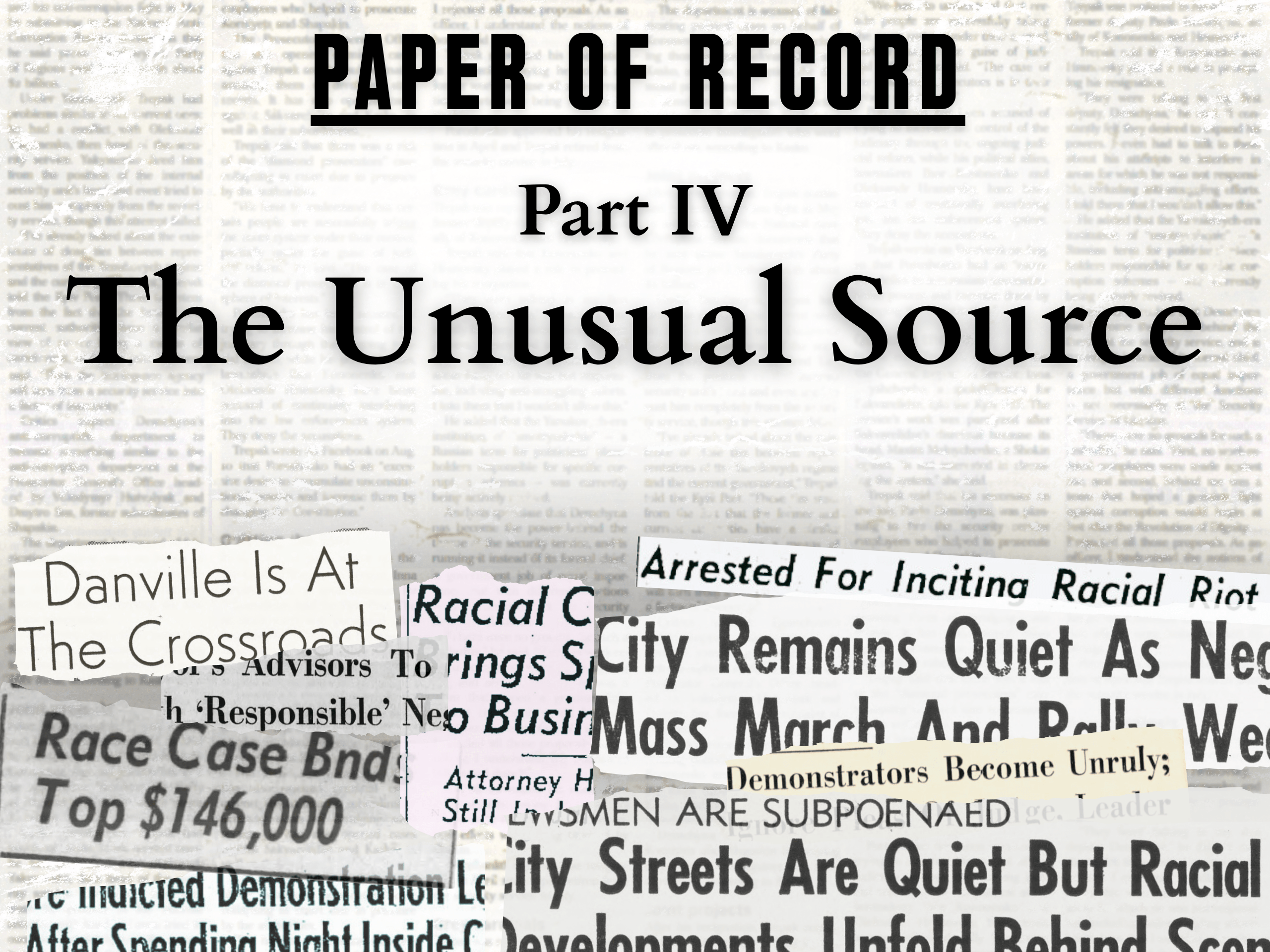If mainstream media coverage in 1963 had looked different, perhaps Danville’s civil rights movement would have remained in the public consciousness in the years afterward, one journalism professor said.
Paper of Record
Paper of Record story series
He saw his dad ostracized for reporting on civil rights. She grew up to be the Register’s first Black reporter.
They both came of age in Danville in the 1960s. His father was a white publisher who took a stand on civil rights; her father was one of the city’s first Black reporters.
Straightforward reporting on protests set a paper apart — and caused problems for its publisher
The Commercial Appeal quoted local and national civil rights leaders. It also covered goings-on in Danville’s Black neighborhoods.
Civil rights protesters trusted one Danville paper — and it wasn’t the daily
The “paper of record” could make — or bury — history. But what happens when there’s another paper in town?






